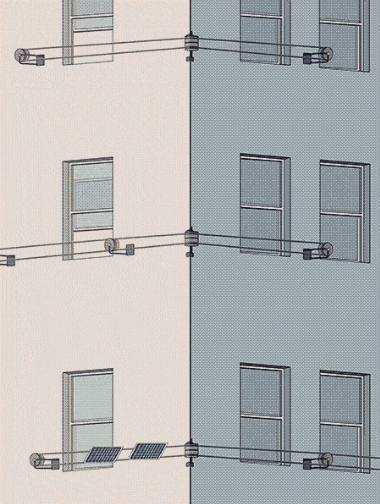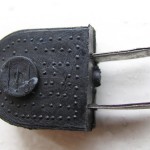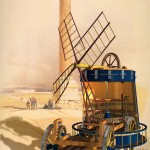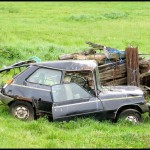Mob morality and the unvaxxed.
The fear operating in the ostracism of the unvaxxed is mostly not fear of disease, though disease may be its proxy. The main fear, old as humanity, is of a social contagion. It is fear of association with the outcasts, coded as moral indignation.
I’m a Luddite. You should be one too.
I’m also a social scientist who studies how new technologies affect politics, economics and society. For me, Luddism is not a naive feeling, but a considered position.
I have one of the most advanced prosthetic arms in the world — and I hate it.
When my new, 21st-century arm arrived, I hosted an “arm party,” an absurdist celebration of the new device as well as a farewell for a pile of old, passive arms with broken silicone fingers held on with Band-Aids.






